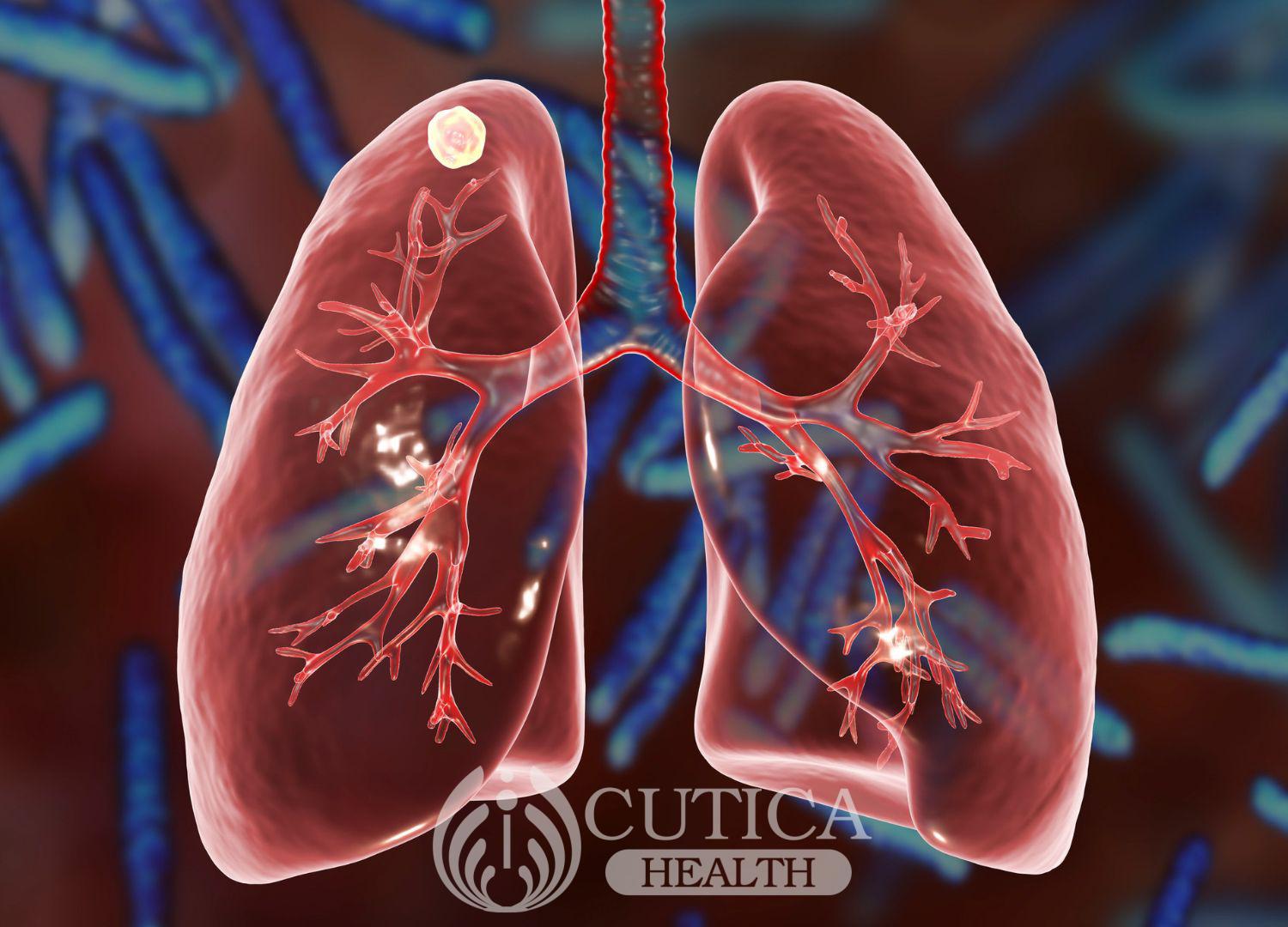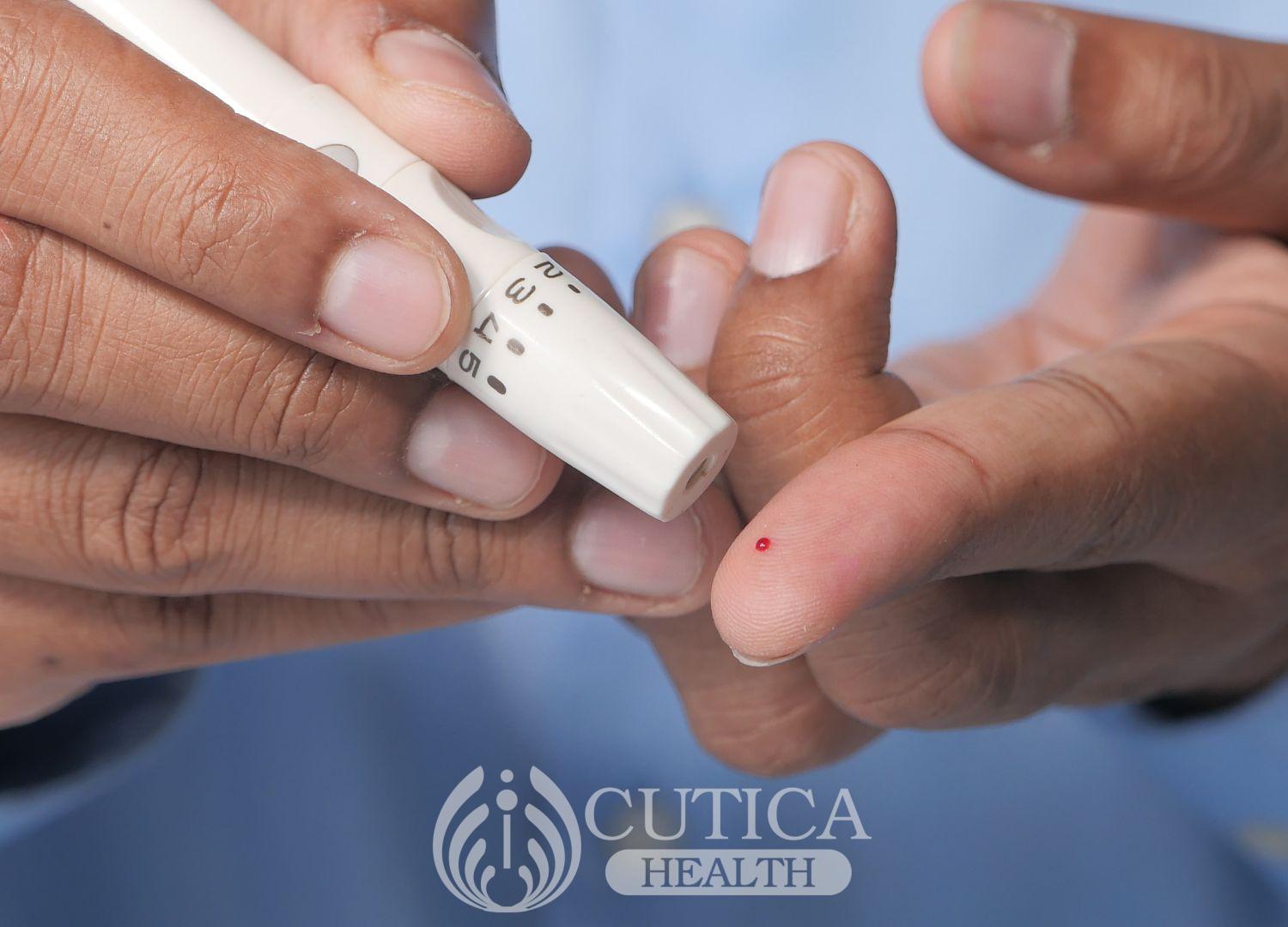
Diabetes is a condition in which the body’s level of glucose (sugar) becomes too high and unhealthy. High blood sugar can damage many organs; damage to the eyes is described asdiabetic retinopathy.If not diagnosed and properly treated, this can lead to blindness.
How Diabetes Affects the Eyes
The retina is the part of the eye that is sensitive to light. It helps us to see things clearly by converting light to electrical signals,which are then sent to the brain. The brain interprets this information, turning them into the images we see.
Retinopathy (damage to the retina) occurs because of damage to the blood vessels that supply blood to the eyes when there is persistently high blood sugar. The damage occurs slowly, over time,and in stages with the final being a complete loss of sight.
People with diabetes may also occasionally suffer from double vision due to paralysis of the muscles responsible for eye movement. This is often temporary, resolving on its own.

Glaucoma , a condition where the pressure in the eye is raised, and cataract which is simply cloudiness of the lens of the eye can also occur in people living with diabetes. These conditions affect vision.
What Are the Signs and Symptoms of diabetic retinopathy?
It is important to visit your health care provider if you begin to experience any of the following symptoms.
- Blurred vision.
- Eye pain with or without redness.
- Sudden loss of vision.
- Poor night vision.
- Worsening eye sight.
- Floaters (weird shapes floating in your visual field).
Who Is At Risk?
- People with chronically high blood sugar
- Long standing diabetes.
- Pregnancy
- High blood pressure.
- High level of cholesterol.
How Can You Reduce Your Risk?
Reduce your risk of diabetes related eye complications and blindness by doing the following:
- Closely monitor your blood sugar level.Ensure that it is properly controlled and within the normal range.
- It is also advised to check your A1C levels at least every 6 months. This is a simple blood test that measures your blood sugar level and control over the past 3 months.
- Keep your blood pressure and cholesterol within the normal, healthy limits.
- Refrain from smoking and get help to quit if you smoke.
- It is important to have your eyes checked and reviewed every year if you have diabetes.
How Is It Diagnosed And What Are The Treatment Options?
A problem with your vision may be detected during screening. This is why it is important for people living with diabetes to attend their regular screening.
If treatment is given at the appropriate stage, it can help reduce loss of vision and progression of the condition. However, many people only present with symptoms in the late stage of the disease and this can make treatment less effective.
Treatment options include:
- Laser therapy
- Eye injections
- Eye surgery
SUMMARY
Poorly controlled diabetes increases risk of developing poor vision which can result in blindness. It is important to maintain a healthy lifestyle if you have been diagnosed with diabetes. Restriction of certain meals and adoption of new, healthy habits can have a marked positive impact on your overall health and general well-being. If you have been diagnosed with diabetes, make sure you are under the care of qualified health personnel.













